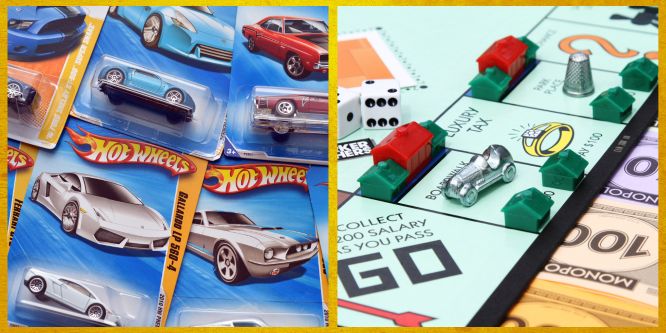
Photo | iStock | NoDerog | AnthonyRosenberg
Rivals Mattel and Hasbro, for the first time, have entered into a multi-year licensing agreement to create co-branded toys and games.
Hasbro will create Barbie-branded Monopoly games launching in fall 2023. Mattel will produce Transformers-branded UNO games, slated for release later this year, and Transformers-branded Hot Wheels vehicles, set to debut in early 2024.
The two firms typically compete over licensing properties. Mattel in 2022 took over the license for Disney’s princesses, including its Frozen franchise, after Hasbro’s deal expired.
The collaboration comes as two major movies – Transformers: Rise of the Beasts from Paramount and Barbie from Warner Bros. – arrive in early summer to support merchandise opportunities.
A merger between Mattel and Hasbro has been speculated for years, but officials last week on quarterly analyst calls likened the collaboration to other licensing deals.
“I am excited about the Mattel collaboration, and it joins those with other big toy companies like Spin Master and LEGO and smaller players like Just Play, Basic Fun, and Play Monster. So, it’s a way to extend our brands, monetize our IPs, and leverage our own category captains for things like the Barbie crossover for Monopoly,” Hasbro’s CEO Chris Cocks said.
Mattel’s CEO Ynon Kreiz speaking on an analyst call referenced the Hasbro collaboration alongside licensing opportunities tied to Disney’s upcoming Little Mermaid and Wish films.
“The extensions really give us the opportunity to broaden our reach, drive revenue, and monetize the [Barbie] brand as a franchise,” said Mr. Kreiz.
A university study led by London Business School found “competitive collaboration” – i.e., joint ventures, outsourcing agreements, product licensing, cooperative research – can wind up providing more of an advantage to one firm over the other but also often drives significant savings in time and money in bringing product to market. The researchers wrote in Harvard Business Review, “Competitive renewal depends on building new process capabilities and winning new product and technology battles. Collaboration can be a low-cost strategy for doing both.”


Leave a Reply
You must be logged in to post a comment.